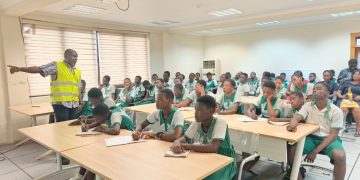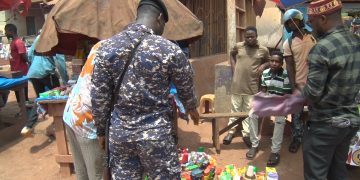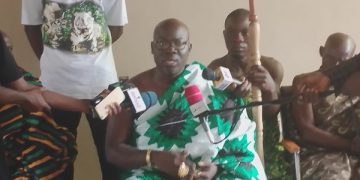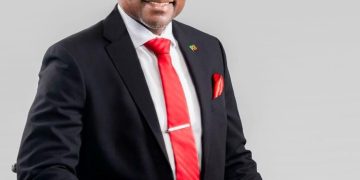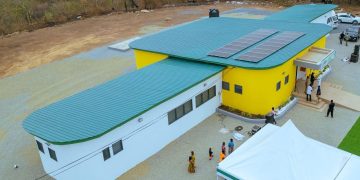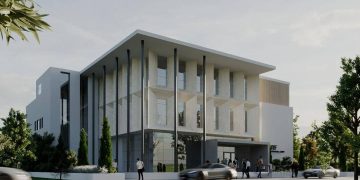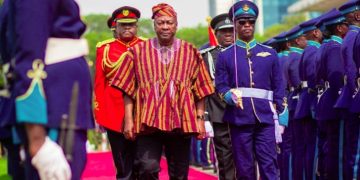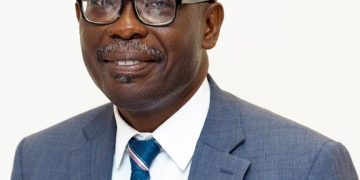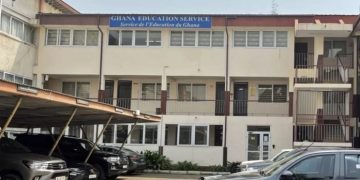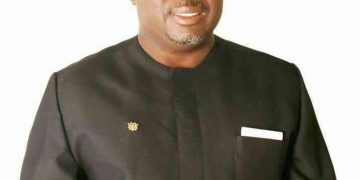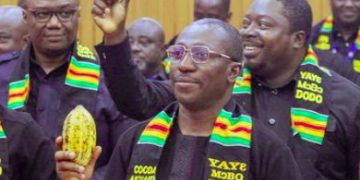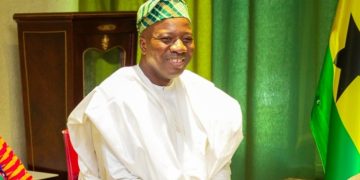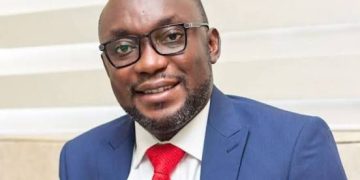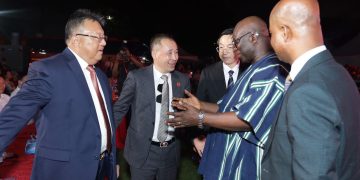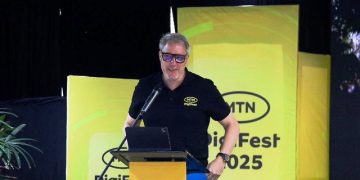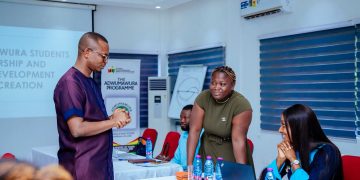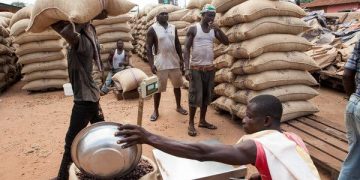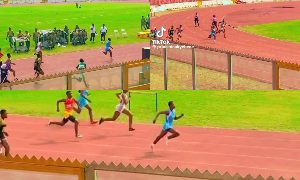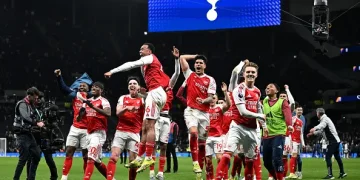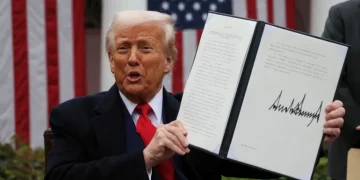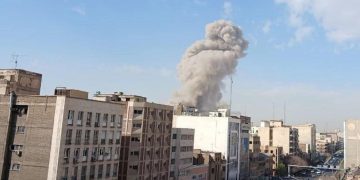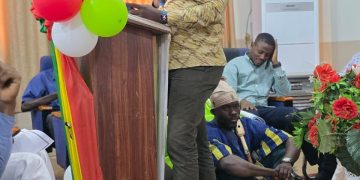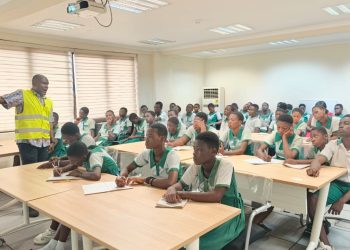Professor Kwabena Frimpong-Boateng has voiced deep concern over the current state of the New Patriotic Party (NPP), warning that without urgent and honest reforms, the party faces a dangerous future.
Expressing candidly in a letter to the party, Prof. Frimpong-Boateng criticized the party’s National Executive and regional chairpersons for ignoring the mood of grassroots members and failing to address the root causes of the NPP’s crushing defeat in the December 2024 general elections.
“The party lost by a disgraceful margin,” Prof. Frimpong-Boateng said. “Instead of analyzing this defeat and taking corrective measures, the National Executive chose to keep a hastily prepared report from the public and the party members.”
He added that the National Executive Council (NEC) has also abandoned the party’s longstanding democratic tradition of electing its flag-bearer two years before the general elections while in opposition.
Instead, the party’s leadership is pushing for a “top-down” election nearly three years ahead of schedule, a move he says threatens to rig the electoral process in favor of the current establishment candidate, Dr. Mahamudu Bawumia.
“The same people who led the party to defeat are now orchestrating these schemes to secure their own positions,” Prof. Frimpong-Boateng charged. “This threatens to alienate dedicated party members and damage voter turnout in future elections.”
Criticism of the internal elections that gave Dr. Bawumia the flag-bearer mandate was also a key point of the professor’s remarks.
He accused the party machinery and government apparatus of coercion, bribery, and intimidation during the last internal election, which in his view led to widespread apathy among party supporters.
Prof. Frimpong-Boateng also condemned certain regional chairpersons for publicly pledging to secure Dr. Bawumia’s nomination by any means, signaling more rigging attempts in the upcoming January 2026 elections.
“The party hierarchy’s alleged plans to manipulate election registers and conduct unfair polls must be stopped,” he insisted. “NPP members and Ghanaians cannot be fooled by these corrupt tactics.”
Turning to the role of senior party figures, he expressed disappointment with the Chairman of the Council of Elders for allegedly ignoring advice from experienced elders like Kwame Pianim and Kwadwo Mpiani, instead executing a plan influenced by former President Akufo-Addo and his family.
This, he warned, risks destroying the party’s integrity and legacy.
Calling for a return to the “time-tested, bottom-up” approach to flag-bearer selection, Prof. Frimpong-Boateng urged postponement of the January 2026 election to allow for a fairer process.
“Allowing this flawed election to proceed will only favor a previously failed candidate and deepen divisions,” he said.
He recalled the negative impact of the previous NPP government’s failures, citing corruption, failure to address illegal mining, environmental degradation, and economic mismanagement. He warned that the party must regain moral courage to confront these issues honestly in order to build trust with Ghanaians.
Prof. Frimpong-Boateng also criticized former President Akufo-Addo’s recent breakfast meeting with the five NPP presidential aspirants, interpreting it as tacit support for the divisive election process.
“Anyone supporting this division has no business calling for party unity,” he said sternly.
The professor concluded with a direct challenge to delegates, asking whether they want the NPP to be led again by a faction that “neglected the grassroots, ruined the economy, and tolerated environmental destruction,” or whether they prefer a party that is truly inclusive and free from manipulation by the so-called “family and friends” group dominating party politics.
He warned, “If the party continues down this path, it risks losing the trust and support of millions of Ghanaians ahead of the 2028 general elections.”
Prof. Frimpong-Boateng’s statement has sparked vigorous debate within the party, highlighting a deep crisis that many say threatens the NPP’s future as one of Ghana’s major political forces.


